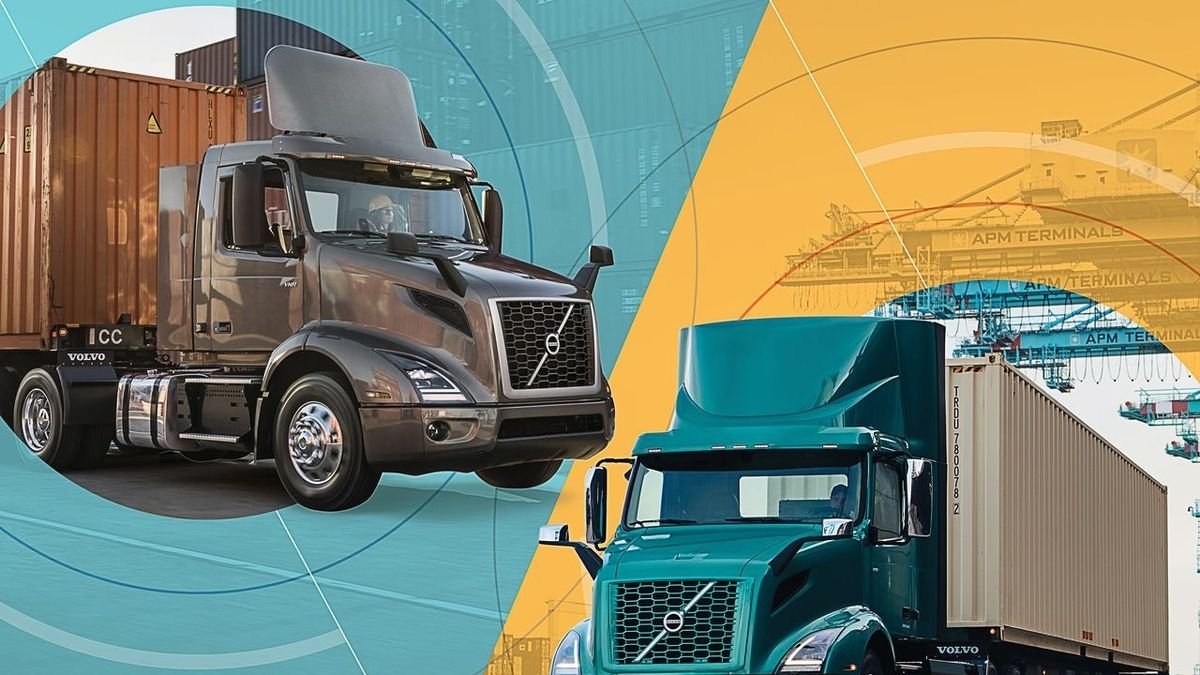In a significant move towards a sustainable future, the Tennessee Valley Authority (TVA) has unveiled a pivotal study, setting the stage for the region’s ambitious journey to net zero emissions by 2050. Amid the growing concerns over climate change and its irreversible impacts, this initiative not only marks a critical step towards environmental conservation but also highlights the economic and societal benefits of transitioning to electric vehicles (EVs).
Electrifying the Road Ahead
The TVA’s comprehensive study sheds light on the paramount importance of electrifying light duty vehicles as the cornerstone for reducing carbon footprints across the region. With an eye on the future, the authority underscores the necessity of forging robust partnerships with electric service providers to spearhead this transformation. The electrification of vehicles is not just about combating climate change; it’s a vision to revolutionize transportation, fuel economic growth, and pave the way for a sustainable lifestyle.
As part of this grand vision, the region has been witnessing an exponential expansion of its public EV charging network. With an ambitious target to put over 200,000 electric vehicles on the road by 2028, the initiative promises substantial fuel savings, local investment, job creation, and, importantly, a significant reduction in carbon emissions. This strategic move is poised to position the region as a leader in the global shift towards sustainable energy and transportation solutions.
Navigating the Challenges of Transition
The momentum towards greener alternatives is not without its hurdles. The TMC Executive Director, Robert Braswell, sheds light on the critical aspects of this transition for the trucking industry. As companies pivot towards electric vehicles, establishing strong relationships with electric service providers emerges as a crucial element. The challenge of creating a standardized infrastructure for EV charging stations looms large, compounded by the presence of over 3,500 electric service providers in the United States alone.
Braswell emphasizes the necessity of navigating through the maze of competing charging systems and the imperative to draw upon the innovations and findings from the Department of Energy’s SuperTruck II and III programs. These programs, aimed at enhancing fuel economy and reducing emissions in trucks, offer valuable insights that could be integrated into existing fleets, thereby accelerating the transition to alternative fuels.
The Road to a Sustainable Future
As the trucking industry grapples with this period of transition, the challenges it faces are manifold. From the diversification of energy sources to the looming threat of cybersecurity breaches, the journey towards sustainability is paved with obstacles. Yet, the resolve to overcome these challenges and the vision to embrace alternative fuels underscore a collective commitment to environmental stewardship and innovation.
In this era of transformation, the collaboration between TVA, electric service providers, and the trucking industry exemplifies a forward-thinking approach to tackling climate change. By leveraging technological advancements and fostering partnerships, the region is not only taking a giant leap towards reducing its carbon footprint but also setting a benchmark for others to follow. The initiative by TVA and the insights shared by Robert Braswell serve as a beacon of hope, illuminating the path to a cleaner, greener, and sustainable future for generations to come.
[ad_2]
Source link




